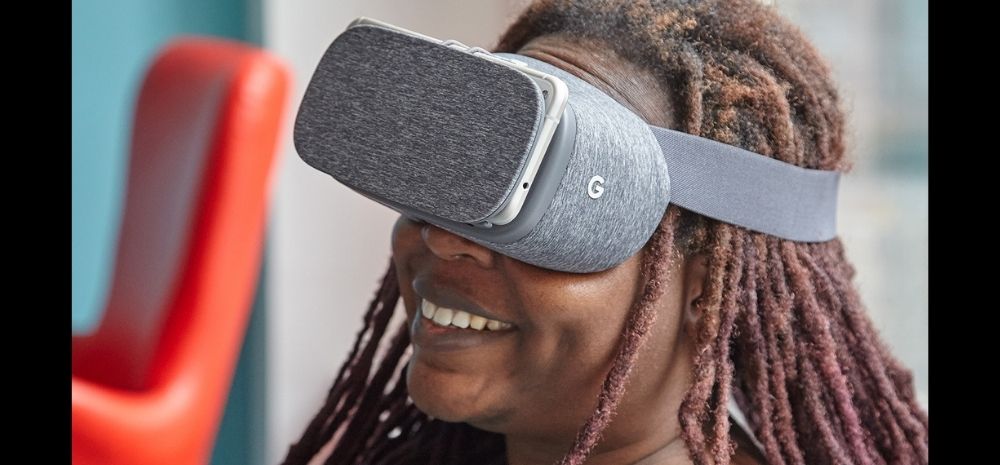Google Will Launch New AR Headset To Fight Facebook, Apple’s Dominance (Full Details)

In the case of AR and VR headsets, Google has a long history with them but now the service provider is facing added pressure from the likes of Meta and Apple as they are pushing technology giant to take things more seriously.
Consumer-Focused AR Headset
The same is confirmed by the sources who claim that Google is building a consumer-focused AR headset and the project is internally codenamed Iris.
Further, Google’s in-development headset uses outward-facing cameras to blend computer graphics with a feed of the real world.
Interestingly, the headset doesn’t require a tethered connection to a power source.
It seems that Google is planning to use data centers to assist with processing power.
This way, it can remotely render graphics and send them to the headset via an internet connection.
Similar to the company’s Pixel 6 smartphones Project Iris will be powered by custom Google silicon.
Work In Progress
Presently, Google has some of the Pixel team working on the headset.
Reportedly, with a total of 300 people working on the project altogether at the moment.
Although, it is still in the early development process, so, there’s no confirmation if this is going to be a Pixel-branded headset or not.
Sources claim that the early prototypes of the headset look like a pair of ski goggles.
Compatible With Android
The headset will be compatible with Android or at least a version of Android built specifically for AR headsets.
The Project is led by Clay Bavor. He is already been recognized for his projects like Google Cardboard, Daydrea.
The more recent ones like the big Project Starline demo which was shown off at Google I/O 2021.
Coming to the timelines, Google hopes to ship Project Starline and Project Iris together in 2024.
As the timeline is just two years away, this indicates that Iris still being in the early development process.
So, shipping in 2024 might be a bit too lofty a goal for the company to pull off.
Although, it is still unclear what the target use cases would be for Project Iris.
But, Google is clearly trying to keep up with Meta, Apple, and other major companies investing in the AR space.

Comments are closed, but trackbacks and pingbacks are open.